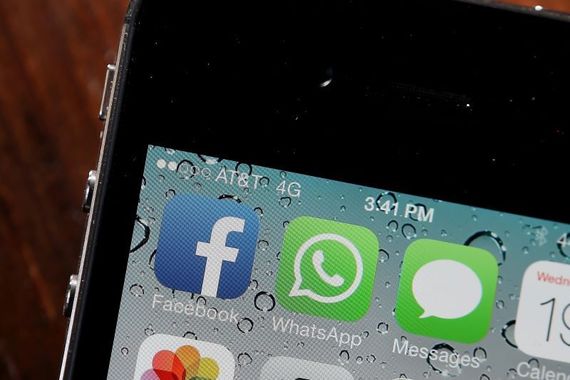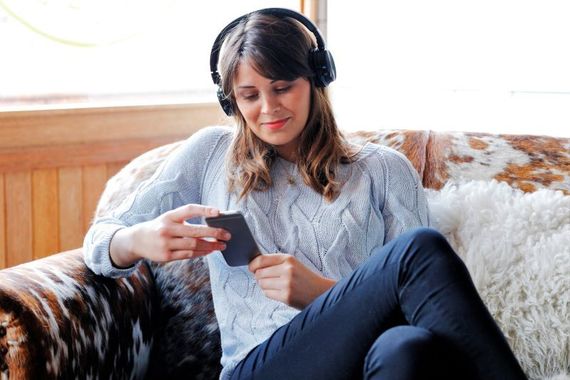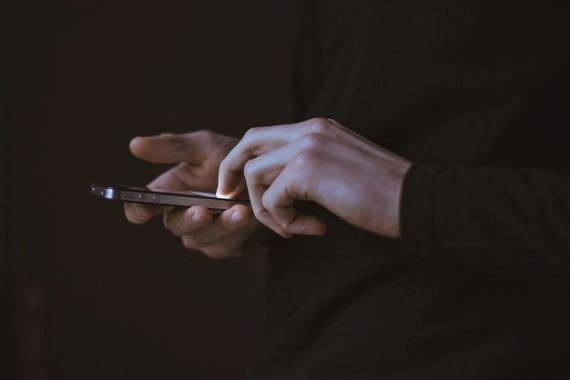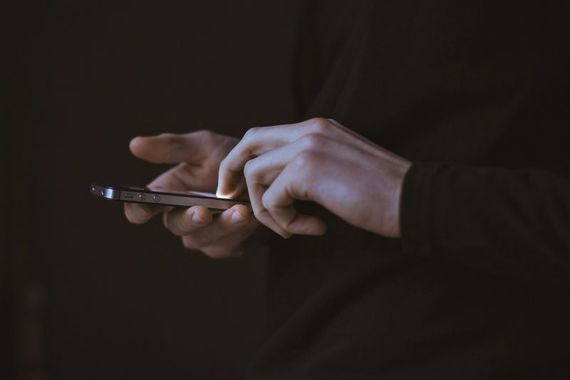We need to talk about the iPhone – or the Android - in your pocket. Do you still think of it as just a phone, or has it become something infinitely more now?
When Apple CEO Steve Jobs introduced the iPhone to the world in 2006, he knew it would revolutionize how we communicate with each other globally, he understood it was a great leap forward.
This being Apple and Jobs being so famously optimistic, he saw its arrival as a cause for unmuted celebration, but I wonder what he'd think of it in 2022?
A year before the first iPhone appeared the mobile phone itself was still just a clunky portable tool to communicate with your friends, family, and business associates on the go and not much more.

Your phone helps you engage with the wider world now and it brings the world right back to you. It's become indispensable to many, but is it a true friend? Do true friends spy on your every move as your phone does?
You have cause to wonder because from morning to night the little pal in your pocket is sending sensitive information about your whereabouts, background, tastes, orientation, purchases, social class, religion, political affiliations, education, gender, ethnicity, and interests to a host of shadowy but increasingly powerful global enterprises that then turn all that information into a personal profile unique as your fingerprint – and then turn that fingerprint into profit.
They say that knowledge is power, so shouldn't we pay a little more attention to who were are handing all that knowledge and power to?
We don't though. We have all become too busy. We look at the five-page list of Terms and Conditions attached to our every digital move and just click Accept before we read a line of it now. We even give them our thumbprint and cross our fingers.

All the information you unintentionally share via your apps and interactions has already been harvested multiple times over many years and your individual profile is already created and shared.
Well, so what, you might say? I have nothing to hide. Who cares if some Skynet Corporation has the goods on me? I doubt anyone considers my Facebook posts all that controversial.
But the thing is, now that your views, interests, outlook, and politics have been successfully identified and harvested, that is all that your phone and these increasingly cynical apps is giving right back to you.
Big tech is invisibly shaping and remaking your entire lived reality with content that it knows can not fail to light you up and that's dangerous.
It turns out that having your views, and interests, including your worst prejudices and suspicions, beamed right back to you every day (by an algorithm that curates and shares them with you before you even know it has happened) is a profoundly alienating and isolating modern experience that we haven't even begun to address.

This nation is as dangerous and divided as I have always suspected, your phone is reassuring you constantly. No wonder you don't want to look up and meet anyone's gaze.
So something is being lost at the same time as something is being gained. What is being lost is any sense of shared community experience. Now we all live siloed in our hand-created informational universes, where the only surprise left to us is when someone disagrees with us.
When you are protected, or fenced off by algorithms from contrasting views, encountering some in the real world can become increasingly unsettling. The epic meltdowns that we daily see online now – recorded on other people's iPhones as they happen – are examples of digitally isolated people who have finally lost the capacity for negotiation, because negotiation is no longer part of their daily world.
No one meant for our phones to make us this isolated and intolerant, but no one knows how to reverse that horse now that it's out of the gate. That's why we really need to talk about the brave new world we are accidentally creating, rather than keep on stumbling blindly toward it as we are now.




Comments